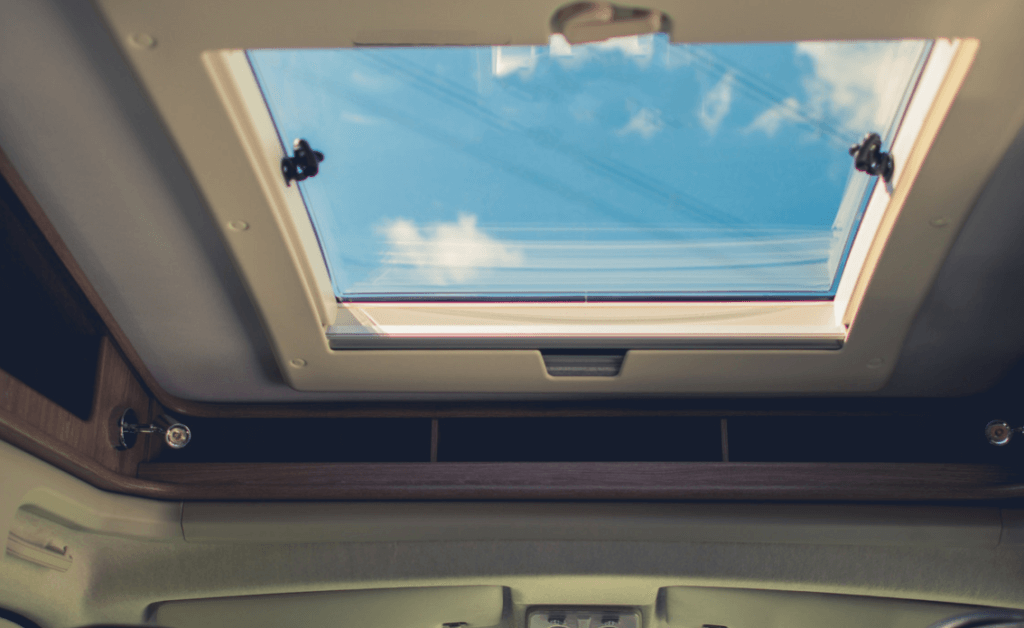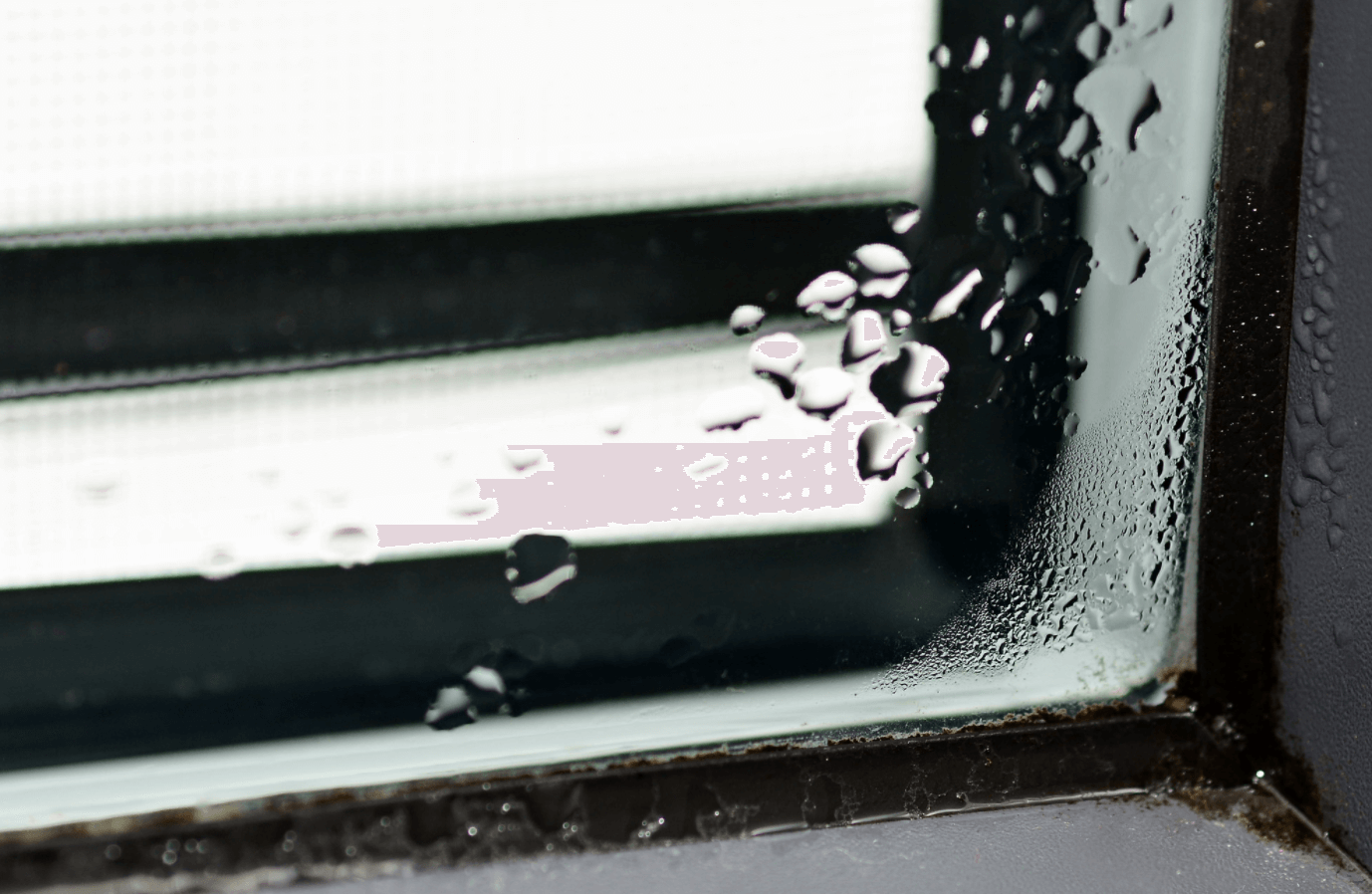The fluctuation in temperature and the amount of moisture in the air are the most common causes of steaming trailer windows. Condensation can form as a result of these changes. Condensation affects every caravan in the world, but there are a few measures you can take to keep it to a bare minimum.
You can prevent condensation by periodically airing the caravan by opening doors and windows and letting fresh air flow in, as well as by opening all of the cabinets. Avoid warming the caravan because this may exacerbate the dampness. Check to see if any vents are blocked or obstructed.
Many people believe that all acrylic caravan windows are vacuum sealed, but this is not the case. The objective of caravan windows not being entirely sealed is to allow the windows to ‘breathe.’ Although this is a good way to keep mold and mildew from growing, it does imply that condensation can form when the temperature and weather change, or if there is an excessive quantity of moisture trapped within.
As a result, condensation may form on the windows of a caravan. This is especially true if the temperature difference between the inside and outdoors of the caravan is significant.
However, if the ventilation in the caravan is inadequate, you may notice even more condensation. Examine your vents to ensure that nothing is obstructing them. Ornaments and even beds can obstruct vents, worsening condensation.
You will likely experience condensation when the caravan’s humidity level hits 60%. You can take care of it by:
– Keeping a skylight open at all times of the day and night is a good idea.
– Doors separating the rooms/compartments should be left open.
– Increasing the amount of ventilation makes it even more effective. Check that no ventilation is prevented by anything.
– Some caravans have ventilation openings that can become clogged over time. Prior to parking in the sun, unclog these holes for the sun to pull water out via the ventilation openings naturally.
– A heated towel placed on the exterior window pane can also help speed up the process. The towel fibers will not avert evaporation, but they’ll absorb the water vapors, causing them to disappear more quickly from the window.
– Set your windows to ‘vent’ by opening them so that moisture can escape and dry air can enter.
– Remove the bungs, a flexible element that protects your van and seals the windows. These window bungs are excellent at keeping moisture out of the window, preventing condensation between the panes. Despite their small size, they are incredibly flexible and made to fit Polyplastic motorhome windows.
– To remove any trapped water, use a portable window cleaner vacuum. These vacuums are the simplest strategy to cope with the problem of condensation in caravan windows, as they are designed to gather water while cleaning windows.
– Employ a dehumidifier to remove any remaining moisture in the caravan.
Condensation usually goes away after a while. If it still doesn’t clear, pull out a bung to aid in the process. If you’ve broken a bung by trying to pull it too hard, you can use invisible tape or glue to repair it.
On a hot day with the sun streaming on the window, you might want to remove the bung. This will allow any moisture to evaporate and help avoid further condensation.
Please remember to replace the bungs before the temperature begins to drop. This will assist in preventing future condensation incidents. While this will not prevent condensation from forming again, it will assist.

How To Prevent Condensation In A Caravan
Here are a few suggestions to assist you to avoid condensation:
Do not do any dishes right before going to bed. This is because it will add moisture to the air.
Make sure you don’t use boiling water since it can create air humidity.
Remove the kettle and any other water-containing items.
Keep the temperature as low as possible at night. Hot air is wet and will exacerbate the problem.
Ensure there’s plenty of ventilation, especially if it’s chilly or damp outside.
While you won’t eradicate condensation, you can make it less of an issue.
Can A Bowl Of Salt Prevent Condensation?
Experts claim that salt can remove any excess moisture from the air, reducing the quantity of condensation on your windows.
How To Prevent Condensation Using Vinegar
To assist clearing the condensation combine two cups of water with two cups of white vinegar and a few drops of dishwashing liquid in a simple, homemade solution.
If you have a spray bottle, pour this solution into it and spray it directly on your window.
Wipe it down with a soft cleaning cloth and let it air dry once you’re done.
Can Baking Soda Help Prevent Condensation?
Baking soda, like many other salts, is a hygroscopic material. It may absorb and draw water molecules from its environment, lowering the moisture content of neighboring substrates and surfaces and making them drier.
How Do You Get Condensation Out Of Double Glazed Windows?
Place a space heater or a hair drier near the window and turn it on. This will absorb all the moisture collected in the gaps between the panes. It’s important to remember that this is simply a temporary remedy when the airtight sealing in your double pane windows is disrupted, condensation forms.

Summary
Caravan windows have the potential to mist up and if dealt with promptly they shouldn’t be damaged in any way. Taking specific measures to protect your caravan from excessive moisture, as well as understanding what steps to take if it ever becomes an issue, may readily ensure not only clear and clean windows but also a well-kept caravan.
Being aware of the moisture released when washing and cooking and adequate ventilation in the caravan while performing chores will significantly reduce the amount of water that must evaporate.
To avoid significant temperature variations that can create condensation, keep the caravan’s temperature as steady and low as possible and quickly remove any stored moisture.



